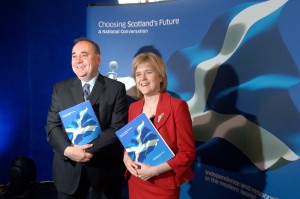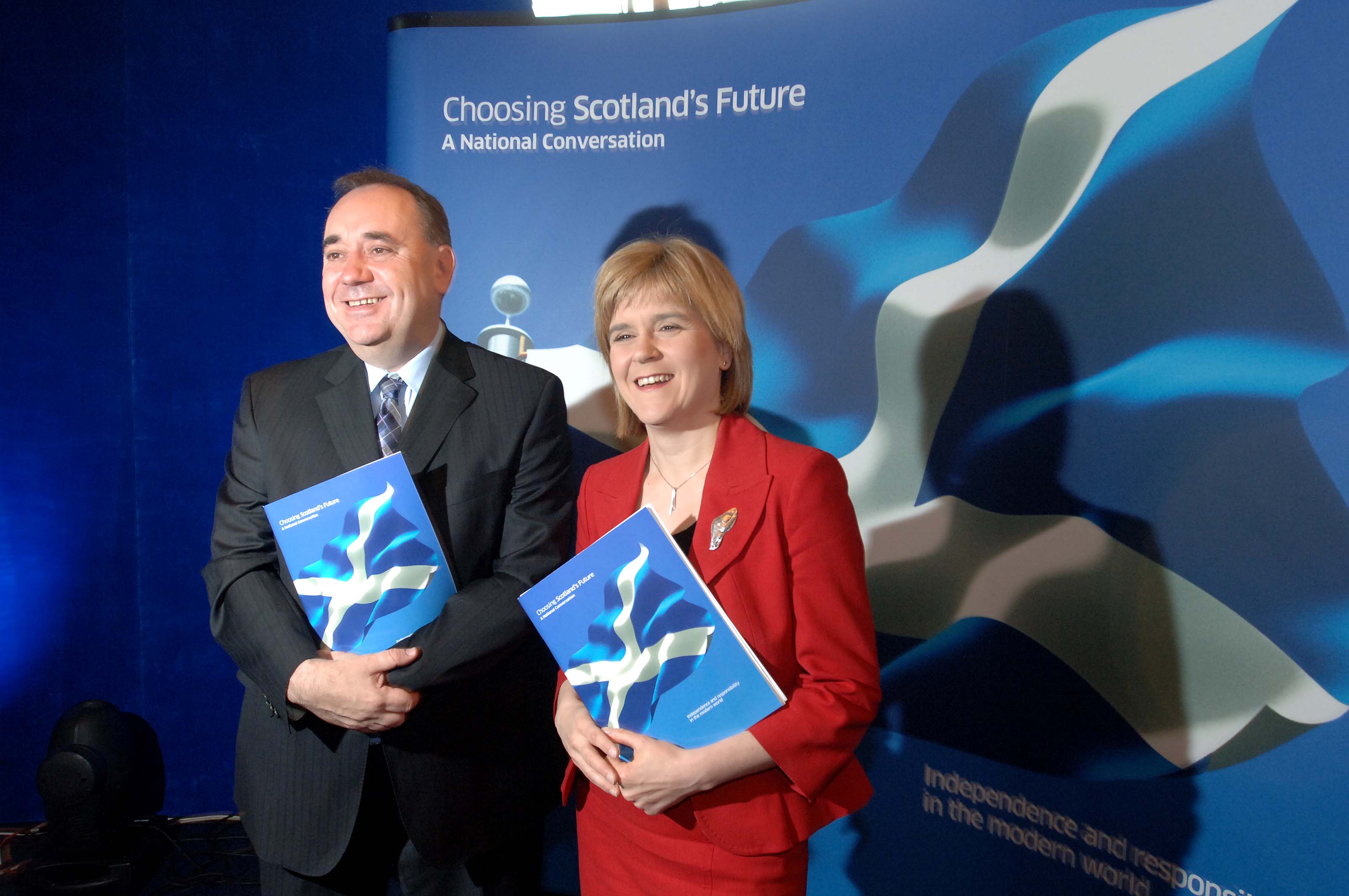
The Issue: Scotland
The historic vote for separation in Scotland did not turn out how the separatists wanted. Scotland agreed to stay as a part of the United Kingdom in a close referendum vote: 55 percent against secession and 45 percent for it, according to Reuters. No one was certain of how this referendum would turn out, since every poll had different results.
A few days after the referendum, British Prime Minister David Cameron passed a series of laws to transfer key decision-making powers from London to Scotland, the Associated Press said. Reuters reports that these new powers include taxation, spending and welfare.
Even with these changes, some Scottish nationalist leaders have been saying that British political leaders “tricked” Scots out of independence. These accusations come from Alex Salmond, the Scottish nationalist chief, who Reuters reported is stepping down as leader of the pro-independence Scottish National Party. Salmond is accusing “politicians in London of reneging on their promises to hand more power to Scots…that he said played a crucial role in swinging the votes in favor of union in Thursday’s vote.”
Even though this vote for independence failed, other areas interested in secession are using Scotland as an example on how to go about the process. For example, the AP reports that lawmakers in Spain’s Catalonia region voted on Friday to “give their leader the power to call a secession referendum that the central government in Madrid has denounced as illegal.” Other places interested in secession are the Basques in northern Spain, the Corsicans in France, Italians in several northern regions, the Flemish in Belgium and the Quebec province in Canada.
The Issue: Afghanistan
After a tumultuous election, an American-brokered deal finally decided who would become president in Afghanistan. The nation’s election commission pronounced Ashraf Ghani the winner of the presidential election, the New York Times reported. However, the commission did not disclose the total amount of votes won, “despite an exhaustive and costly audit process overseen by the United Nations and financed by the American government.”
Under the terms of the agreement, Reuters reported, “…Ghani will share power with a chief executive proposed by Abdullah (Abdullah Abdullah, a former foreign minister and Ghani’s rival). The two will share control over who leads key institutions such as the Afghan army and other executive decisions.”
This deal was brokered by U.S. Secretary of State John Kerry. White House spokesman Josh Earnest said, “We support this agreement and stand ready to work with the next administration to ensure its success.”
